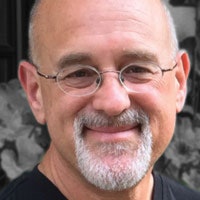
The mistakes we make when we look at the present are similar to the ones we make when look to the future.
Show Notes
Renowned Harvard psychologist Dan Gilbert describes the foibles of imagination and illusions of foresight that cause each of us to misconceive our tomorrows and misestimate our satisfactions. Vividly bringing to life the latest scientific research in psychology, cognitive neuroscience, philosophy, and behavioral economics, Gilbert reveals what scientists have discovered about the uniquely human ability to imagine the future, and about our capacity to predict how much we will like it when we get there.
Explore
Related episodes


The discussion of "designer babies" often revolves around gender or hair color, but the medical debate is far more complicated.


Our brains are getting older, but there's still much to be optimistic about.


We try our whole lives to avoid pain and suffering and when it does show up, we try to solve it. In her new book, No Cure for Being Human, religious scholar Kate Bowler says we try to out-eat, out-learn, and out-perform our humanness. Truth is, bad things do happen to good people and if we're going to tell the truth, we need one another. As someone who lives with cancer, B...


A traumatic event can literally change the way our brain functions, and live on in our body in unexpected ways. The field of psychiatry has not always acknowledged or fully studied the physical impacts of trauma, and mental health practitioners are often not aware of appropriate treatments for traumatized patients. Psychiatrist Bessel van der Kolk has been researching trau...
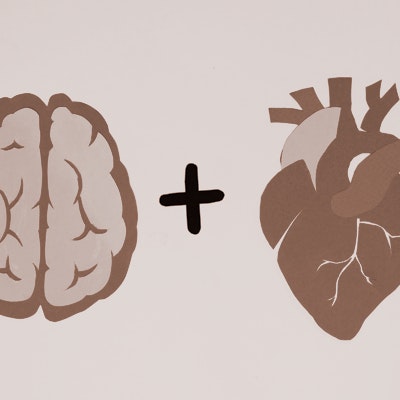

What is it that pulls one person toward another, and connects them? What does love and attraction do to our brain, and vice versa? Biological anthropologist Helen Fisher has been studying questions of love and relationships for over 40 years. Through detailed data collection, research questionnaires and even brain scans, she has collected massive amounts of information on...


In today’s world, we tend to switch jobs more frequently than previous generations, and are more likely to have multiple jobs. Side gigs where we express passions or find meaning are also common, and many juggle additional roles as caregivers and community members, as people always have. In short, many of us are focused on a lot more than just climbing a corporate ladder....


Professor Zoe Chance, who teaches the most popular class at the Yale School of Management, illuminates the skills and strategies necessary to improve your natural ability to persuade.


Grappling with the challenges and problems life throws at us is difficult, especially during a pandemic. Psychotherapist Lori Gottlieb says the stories we tell about ourselves and others can make it even harder to cope.


As scientists work to develop a vaccine to battle the coronavirus pandemic, many people question whether the process has been rushed and if the results will be effective and safe. The U.S. Food and Drug Administration is responsible for approving new vaccines in this country. FDA commissioner Dr. Stephen Hahn and former FDA commissioner Dr. Peggy Hamburg say the agency use...


Biographer Walter Isaacson's latest book tells the story of biochemist Jennifer Doudna. She helped develop a controversial tool that has the power to transform the human race. CRISPR can edit genes to cure diseases but can also be used to create designer babies.


The time we’re living in is unusually tumultuous. The Covid-19 pandemic is causing loss, disruption, illness, grief, anxiety, and uncertainty.


In July of 2017, Alex Honnold became the first person to ever free-solo climb the face of Yosemite’s El Capitan.


Tara Westover's childhood was distinct. Raised by survivalists in the mountains of Idaho, she encoun


Designer Ingrid Fetell Lee studies how our physical environment impacts our well-being, both physically and psychologically.


Author Michael Pollan focuses on psychedelic drugs in his latest book.


Technology is redefining who we trust, and this shift in trust has fundamental consequences.
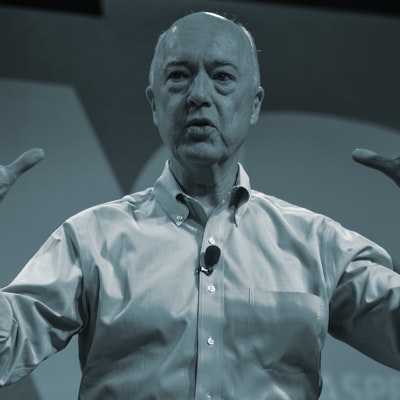
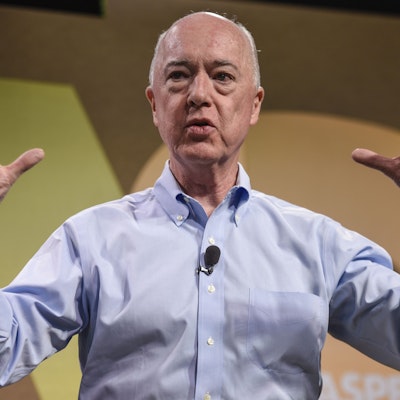
How well you handle difficulty may determine how happy and healthy you are later in life.

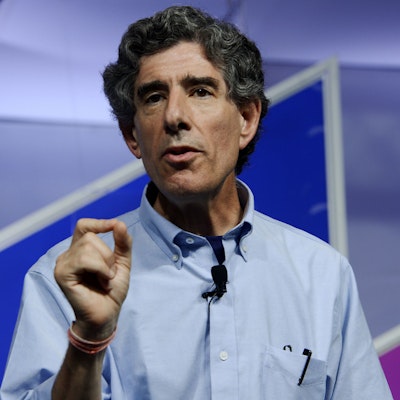
Meditation and mindfulness have gone mainstream. So how do you actually reap their benefits?


People often talk about maintaining their physical health but brain health is an afterthought. It turns out brain fitness at any age heightens and protects brain function and can even prevent brain disease. Sanjay Gupta, author of Keep Sharp: Build a Better Brain at Any Age, Maria Shriver, founder of the Women’s Alzheimer’s Movement, and Natalie Morales, West Coast anchor...


Teenagers and young adults today are dealing with challenges their parents never experienced and couldn’t have prepared for. Nobody has a map and the road to resolution can be bumpy for all involved. Two adolescent psychologists published books last year aimed at helping parents understand and empathize with what their kids are going through and guiding everyone toward hel...






